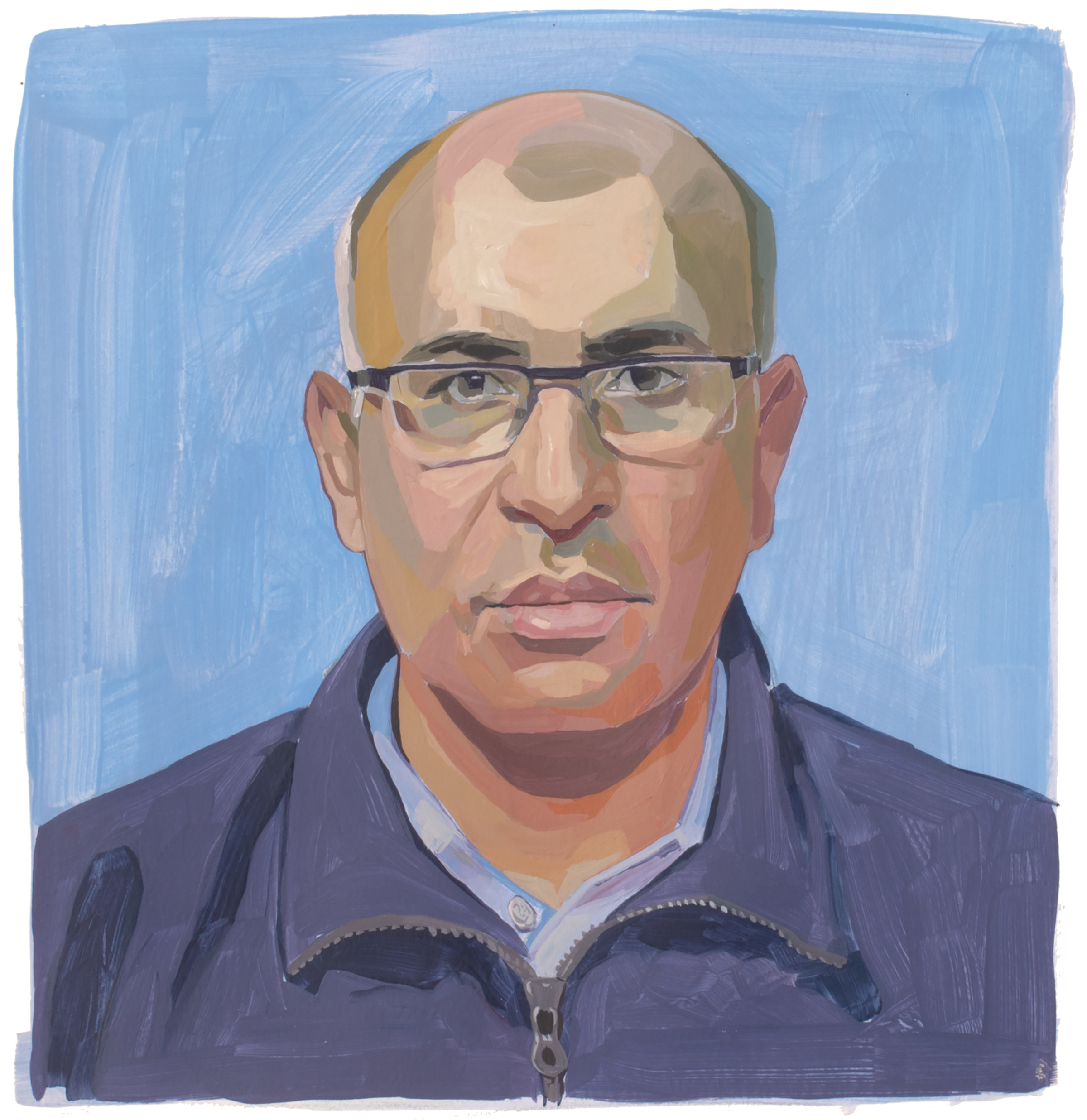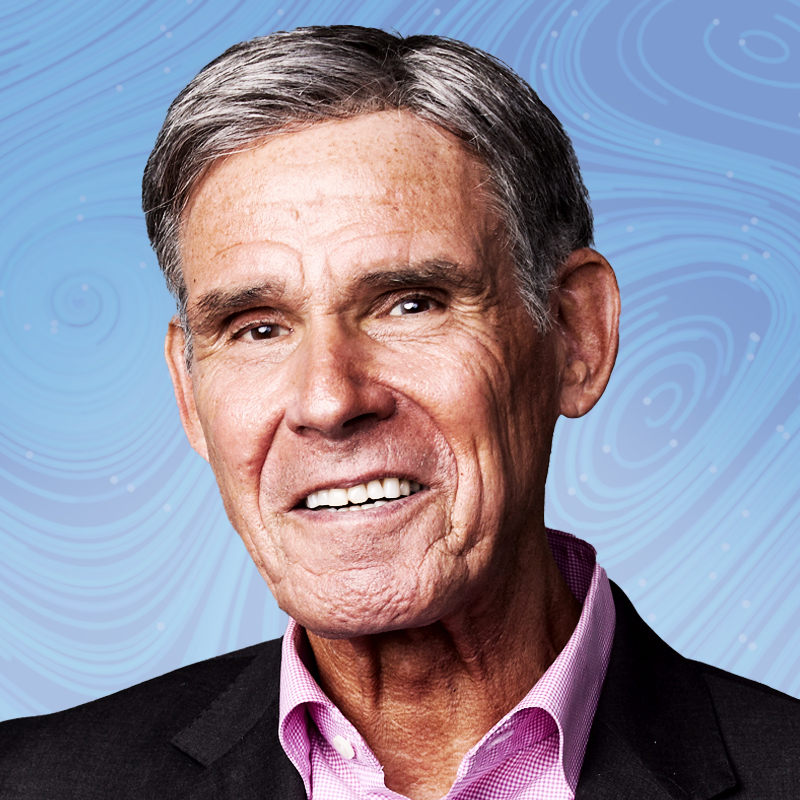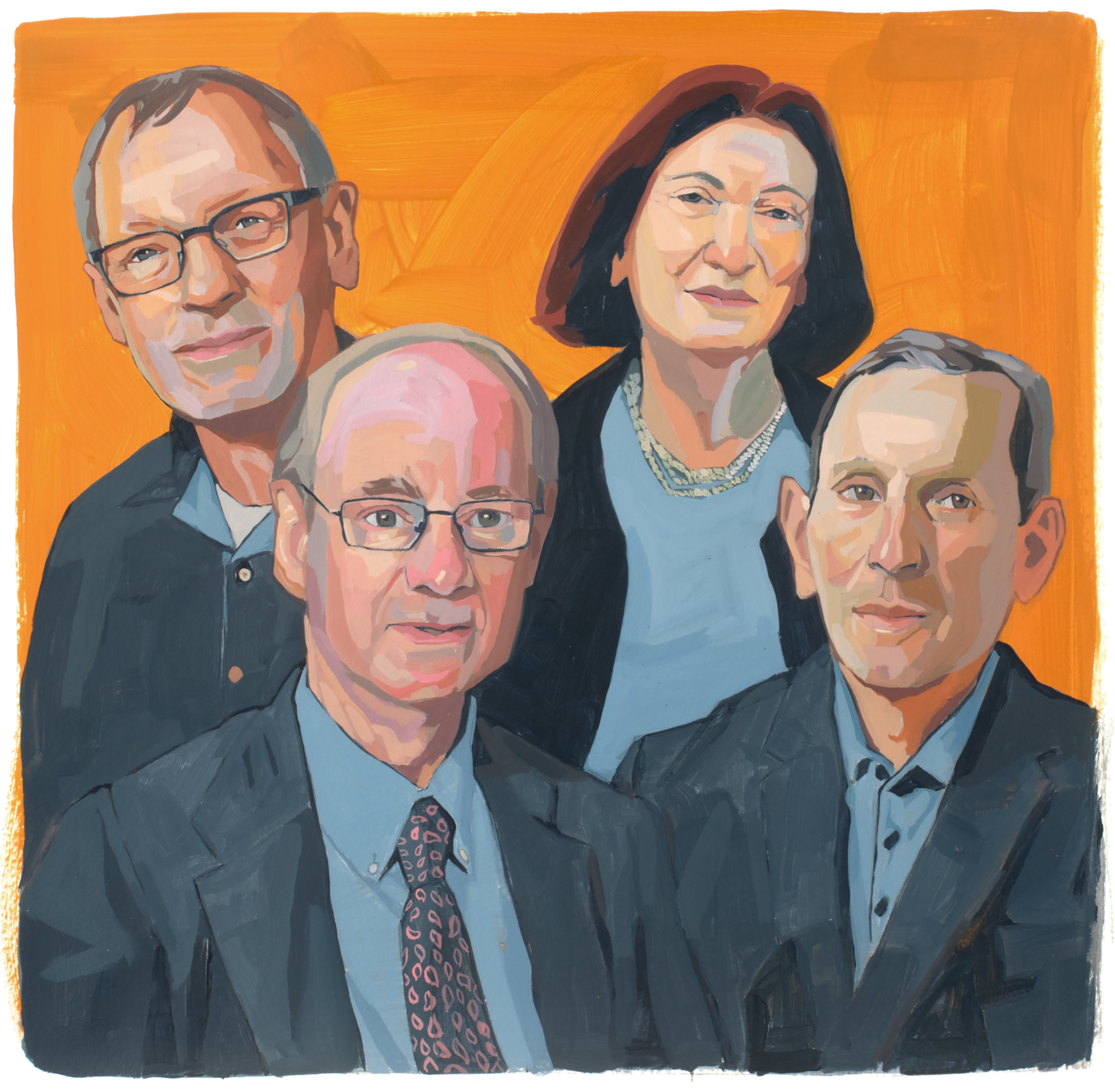In March 2024, the U.S. Environmental Protection Agency (EPA) announced a ban on chrysotile asbestos. It’s the last type of asbestos still legal in the U.S. (typically found in car parts and some chlorine bleach) and has already been banned in 50 other countries. The toxic chemical has been linked to lung cancer, ovarian cancer, laryngeal cancer, and mesothelioma, a cancer that develops in the lining of some internal organs. It’s estimated that asbestos exposure kills tens of thousands of Americans every year.
While the EPA tried to ban all asbestos back in the late ’80s and early ’90s, a court overturned the ban in 1991 and only a partial ban was enacted in 2016 due to corporate pushback. This full ban will be the first rule finalized under the updated Toxic Substances Control Act, a national
chemical-safety law amended in 2016. EPA Administrator Michael Regan called the ban common sense and a major step to protect public health after decades of frustration. “Our agency is laser-focused on finalizing rules that will have a transformational impact on the health of millions of Americans,” Regan says.
In additional powerful moves, the agency cracked down on cancer-linked "forever chemicals" in April. The EPA set legally enforceable limits for PFAS levels in drinking water—the first rule on contaminants in U.S. potable water in 27 years—and designated two types of PFAS as hazardous substances, which will force companies to disclose if the chemicals are released, and pay for their cleanup.
Raised in rural North Carolina, Regan says his best childhood memories are the days he spent outdoors, fishing with his father and grandfather. His mother was a nurse for nearly 30 years, and his father is a retired colonel with the North Carolina National Guard, a Vietnam veteran, and a former agricultural extension agent. He knows that human health is inextricably linked to the health of the environment.
“Because of what we’re doing to address the way chemicals are made and used, people will live longer and happier lives,” Regan says. “They won’t have to worry about whether they are getting sick, or their kids are getting sick because of where they work or where they live—that’s why we get up everyday to do this work.”
More Must-Reads from TIME
- Cybersecurity Experts Are Sounding the Alarm on DOGE
- Meet the 2025 Women of the Year
- The Harsh Truth About Disability Inclusion
- Why Do More Young Adults Have Cancer?
- Colman Domingo Leads With Radical Love
- How to Get Better at Doing Things Alone
- Michelle Zauner Stares Down the Darkness
Contact us at letters@time.com





